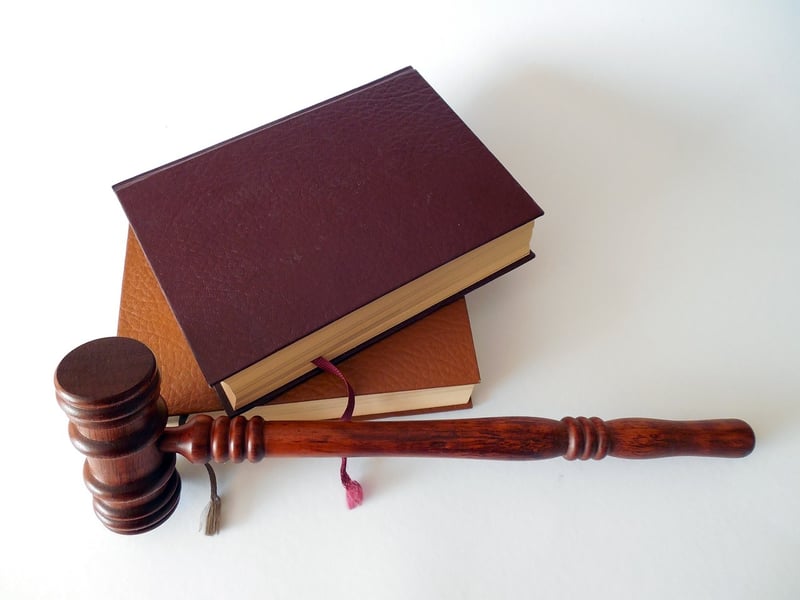Temporal Regulation Code
Rules Governing Time Travel and the Temporal Regulation Code
Time travel has long been a popular concept in science fiction, but many wonder about the rules that would govern such a phenomenon. In this article, we will explore the theoretical rules of time travel and discuss the Temporal Regulation Code, a hypothetical set of guidelines that could regulate time travel if it were to become a reality.
Theoretical Rules of Time Travel:
- Causality: The most common rule associated with time travel is the principle of causality, which states that an event in the past cannot be changed without creating paradoxes.
- Butterfly Effect: Another rule is the Butterfly Effect, where even small changes in the past can have significant and unpredictable consequences in the future.
- Fixed Timeline: Some theories suggest that time travel operates on a fixed timeline, meaning that any actions taken in the past have already occurred.
- Parallel Universes: In this theory, time travel creates parallel universes where every action in the past creates a new timeline, preventing paradoxes.
The Temporal Regulation Code:
The Temporal Regulation Code is a hypothetical set of regulations that would govern time travel to ensure its safe and responsible use. While not a real document, it is often discussed in science fiction and theoretical physics circles as a way to prevent the misuse of time travel technology.
Key provisions of the Temporal Regulation Code could include:
- Non-Interference: Time travelers must not interfere with historical events or alter the natural course of history.
- Documentation: All time travel journeys must be documented and reported to a central authority to track changes in the timeline.
- Temporal Quarantine: Certain historical periods may be off-limits to time travelers to prevent disruptions.
- Temporal Agents: Trained individuals tasked with monitoring and enforcing the Temporal Regulation Code to ensure compliance.

While the Temporal Regulation Code is purely theoretical, it raises important ethical and philosophical questions about the implications of time travel. As technology advances, the discussion around regulating time travel may become more relevant, prompting us to consider the consequences of altering the fabric of time.
